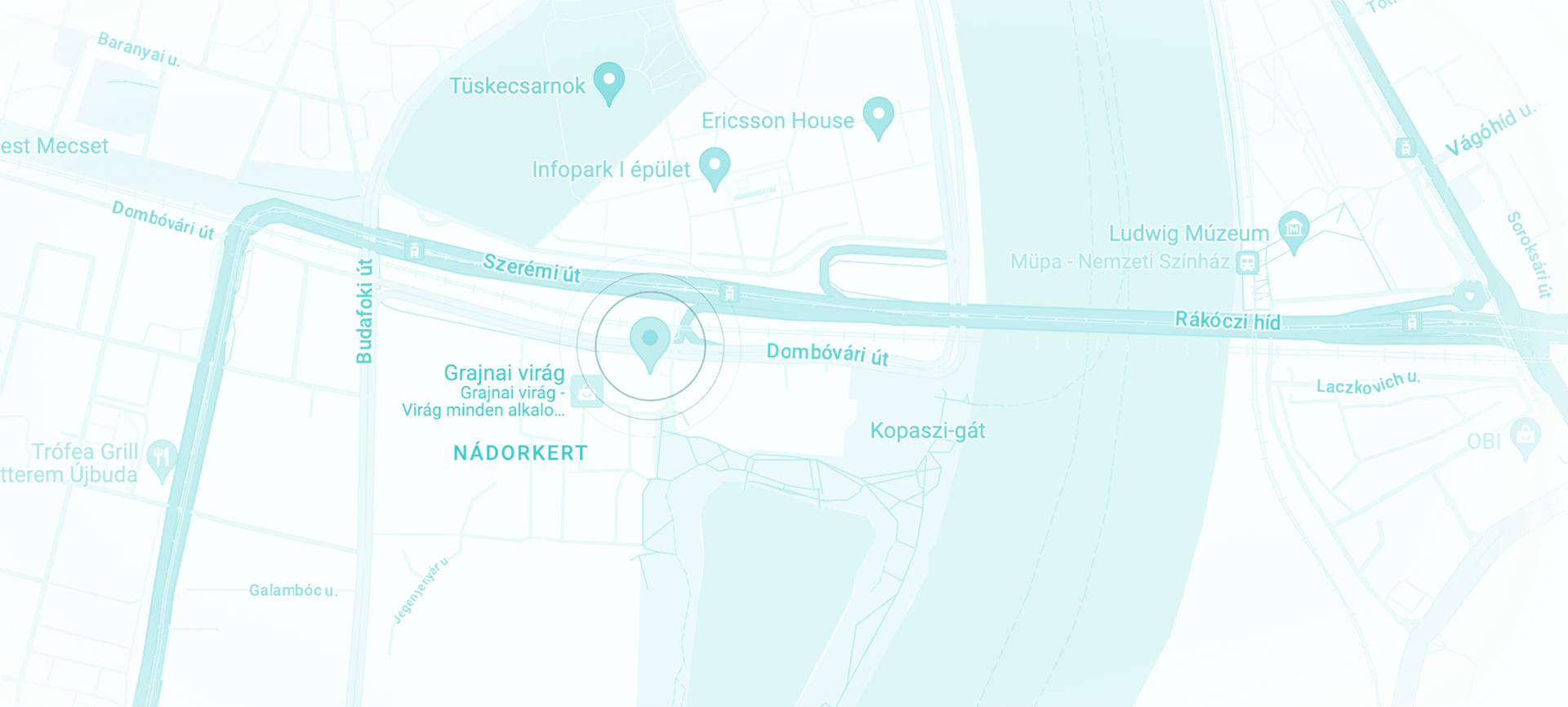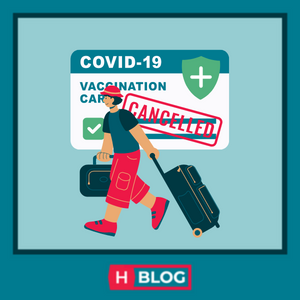
Handling the COVID-19 epidemic in Hungary
Just like most other countries around the world, Hungary is also affected by the current COVID-19 epidemic. The government has introduced a number of measures to prevent the spread of the virus, the most important of which is “social distancing”. The staff of many offices are working remotely, just like we at Helpers, and all our services are available online.
Just like most other countries around the world, Hungary is also affected by the current COVID-19 epidemic. The government has introduced a number of measures to prevent the spread of the virus, the most important of which is “social distancing”. The staff of many offices are working remotely, just like we at Helpers, and all our services are available online.
Last updated on 30 June 2020.
Up to date information in Spanish, Arabic, Persian, Hindi and Urdu is available from the Menedék Association here.
UPDATE: The state of emergency ended in Hungary as of 18 June 2020. However, some restrictions remain; read more here.
Social distancing in Hungary against the spread of COVID-19
For handling the current situation, the most important thing we can do is “social distancing”. It means limiting human contact as much as possible. While it cannot entirely stop the spread of the disease, it can slow it down enough to make sure the healthcare system does not get overwhelmed. If the cases where hospitalization is necessary do not happen all at once but over a period of time, there is more chance for everyone to get the treatment they need. If we visualize this in a chart where we have the number of cases on the vertical axis and time on the horizontal axis, we will see a bell curve, and social distancing will let us “flatten the curve” – a term you might have already heard.
Accordingly, many people started working remotely – including the staff of Helpers. Currently no gatherings of 100+ people are allowed indoors or 500+ people outdoors. Schools and universities are closed, education is provided through online classes. Theaters, cinemas, museums and gyms are not open for visitors. Restaurants and other shops are open only until 3 pm – after that, some restaurants offer home deliveries or preparing packages for pick-up. Only groceries and pharmacies are open in their regular opening hours. In pharmacies, banks, and customer services, only the customers being served are allowed in, others have to wait in line outside. To support those that might be affected most severely, many social initiatives has emerged to let people stay at home and reduce the risk of contact with the virus, e.g. shopping for elderly neighbors.
Doctor’s offices, medical centers and hospitals ask people not to visit if they suspect they are infected. Instead, they should call in on phone and ask for further instructions. Screenings and non-urgent services are suspended. Make sure to always call your doctor before you visit. Read more here about healthcare during an epidemic.
Update: As of 28 March, restrictions on going out are in force until 11 April further notice.
- People are not supposed to leave their homes unless necessary. However, the list of reasons show a wide variety including simply going for a walk, providing you keep a distance of at least 1.5 meters from other people.
- Shops and markets can be visited by only elderly people (above 65 years) between 9 am and noon each day.
- Restaurants and similar establishments cannot receive patrons, they can only prepare food for takeaway or delivery.
Update as of 1 May: Some restrictions are lifted in the countryside (NOT in Budapest and Pest megye), but you are now required to wear a mask both when using public transport and when entering a shop. Read more here.
Immigration and authorities
The European Union announced the closing of the Schengen borders on 17 March, which means that non-EU citizens cannot travel to the EU. The Hungarian borders are also closed, meaning that currently only Hungarian citizens and their closest family members can enter Hungary except for EEA citizens holding a permanent residence card, EEA citizens holding an EEA registration card and an address card, and diplomats. Non-EEA citizens holding a permanent residence card cannot enter Hungary. Of course, anyone is allowed to leave if they wish to go home to be together with their families, but foreign nationals will not be able to enter Hungary again for the time being.
Update as of 1 May: citizens of Austria, the Czech Republic, Germany, Poland, Slovakia and South Korea may also enter hungary for business purposes. Read more here.
Update as of 13 May: the Police accepts entry applications only online, in Hungarian.
Application for work permits or resident permits is still possible, but now (19 March) only if you are already in Hungary. The Immigration office will not process any new applications through Consulates. The application itself depends on the Consulate of the specific country (whether they are still open or not), but all applications are going to be suspended until the borders are closed, since permit-holders will not be able to enter Hungary while the COVID-19 epidemic lasts. Customer services of the immigration office are open in reduced hours, and customers are encouraged to book an appointment before their visit, or use the online customer service called “Enter Hungary”. New permits are sent to the postal address of applicants, even if they opted for pick-up in person (in they have a Hungarian address).
Update on 4 April: Do not worry if your residence permit, permanent residence permit, registration certificate, residence card, or permanent residence card expires during the state of emergency. Its validity is autamically extended until 45 days after the state of emergency is cleared. You do not have to renew your permit now.
Government offices (meaning “kormányablak” and “okmányiroda” offices) accept only customers who have an appointment (as of 18 March), which can be requested online through the e-government gateway for natural persons (“Ügyfélkapu” or “Client Gateway”) or via phone. However, consultation regarding taxation is currently not available in these offices.
Customer service offices of the Tax Authority are also open in reduced hours. Only customers being served are allowed in the office, and others are asked to wait outside. Since most cases can be solved online or via phone, customers are kindly asked to use these channels wherever possible.
The chamber of commerce has closed their customer service offices, but they can be contacted via phone, and services are available online. Their office for document authentication is open during reduced hours.
Some official measures to compensate the adverse affects of the COVID-19 epidemic on the economy has just been announced. Click here for more information.
Helpers services fully available online
While our colleagues are working remotely, we can provide all of our services online, since relevant official customer services are available to us on phone and in email. Collecting information for putting together application packages is also possible.
Contact
Contact us today
Monday - Friday
9am - 5pm CET
Helpers Hungary Kft
Budapart Gate
Dombóvári út 27
Budapest 1117, Hungary
If you’re visiting us, please use entrance A and come to the 2nd floor.






